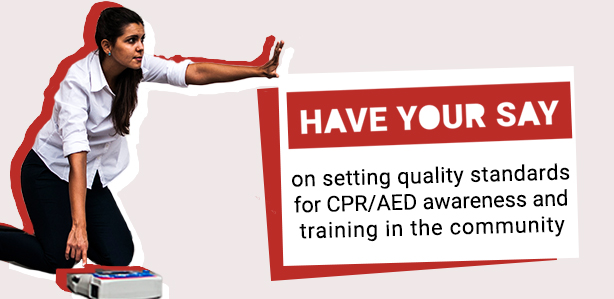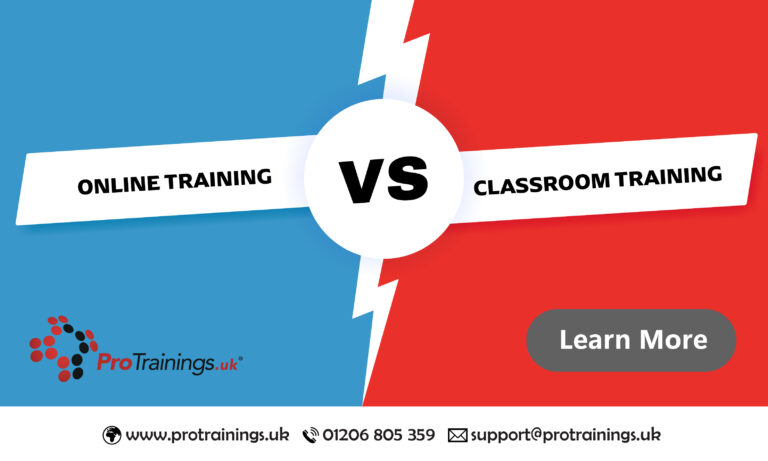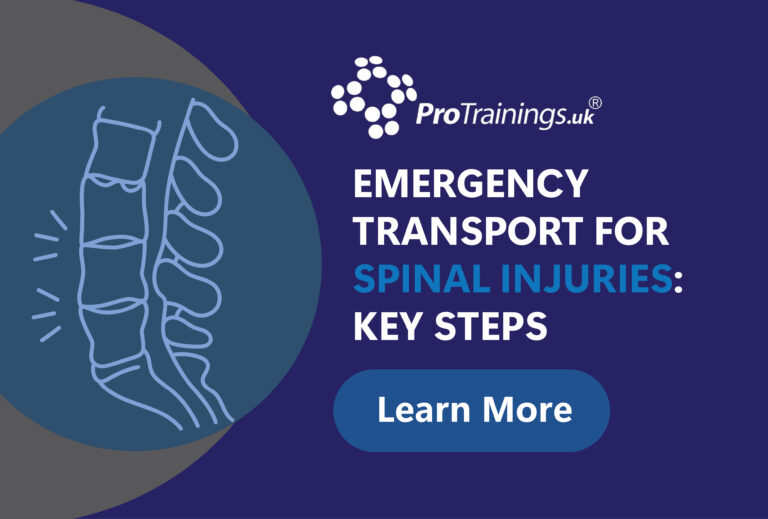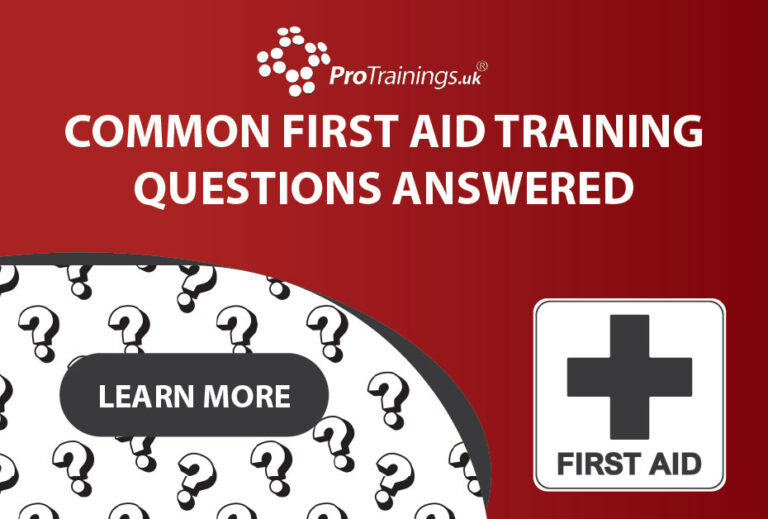Resuscitation Council UK Quality Standards Consultation
 You have until Friday, the 24th of May, to shape CPR and AED standards. The consultation is by Resuscitation Council (UK), the organisation that sets the guidelines for resuscitation practice. Quality standards for CPR and AED awareness and training in the community are important. The council’s aim is to “remove barriers to people performing CPR, and give evidence-based and consistent guidance to trainers so that a national standard can be achieved.”
You have until Friday, the 24th of May, to shape CPR and AED standards. The consultation is by Resuscitation Council (UK), the organisation that sets the guidelines for resuscitation practice. Quality standards for CPR and AED awareness and training in the community are important. The council’s aim is to “remove barriers to people performing CPR, and give evidence-based and consistent guidance to trainers so that a national standard can be achieved.”
That certainly sounds like a worthwhile endeavour that we can all support!
Key points – Resuscitation Council’s quality standards
ProTrainings helps businesses to adhere to standards, by providing training and equipment that is in line with requirements. We’ve studied the standards document, and will now highlight just some of the main areas that we can help you achieve compliance.
5.1 – Organisations where resuscitation is not their prime activity should:
- Meet the legal requirement for first-aiders in the workplace, in accordance with The Health and Safety (First-Aid) Regulations 1981
- Train all staff to at least the CPR/AED Awareness standard
- Consider training key staff to an enhanced CPR standard.
To achieve this, organisations should:
- Make training available to all staff
- Conduct a risk assessment with regard to purchasing an AED
- Ensure that the location of first-aid equipment (including AED) is clearly and appropriately signposted
How we can support?
- A range of workplace first aid courses, available in a variety of learning formats such as online, classroom, or a mixture of both – blended training.
- CPR/AED courses that can be taken online or held at your place of work, for the whole team. www.proaed.co.uk
- Supply of defibrillators and service parts like batteries and pads. Click here
- A whole store of first aid products, including defibrillator signage. Click here
5.2 Organisations with a responsibility to provide resuscitation in the community should:
Alongside all of the points listed in 5.1, the key differentiators are
- Train key staff to an enhanced CPR standard
- Consider training some staff to become CPR trainers
In order to achieve this, organisations should:
- Appoint an accountable person to manage first-aid and resuscitation provision, including training
- Provide access to appropriate training for all those with a duty to respond
How we can support?
- Enhanced training for first aid, including CPR/AED; the kind of intensive and extended training that ProTrainings is well known for pioneering. www.proils.co.uk
- Train the trainer courses, enabling us to bring your staff up to the level of an instructor and provide them with the qualifications they need to deliver training in any number of topics. www.itg-instructor-training.co.uk
- Alongside the props they’ll need to tech, such as CPR/AED manikins and training AEDs.
6. Training Standards – Training standards are defined for four distinct groups:
1. The general population – CPR/AED Awareness.
2. School children (taught via curriculum) – Basic CPR/AED Training.
3. Those without a formal duty of care – Basic CPR/AED Training.
4. Those with a duty of care – Enhanced CPR/AED Training.
- CPR/AED awareness will not require hands-on training.
- Basic CPR/AED Training will require hands-on practice with appropriate manikins.
- Enhanced CPR/AED Training will require hands-on practice and assessment of skills using manikins that give feedback on performance.
- CPR training may comprise a variety of methods (e.g. formal courses, simulation training, video-based training/self-instruction, videos).
- All training should include recognition of cardiac arrest, the need for an early 999 call, performance of chest compressions and retrieving and using an AED.
- Enhanced training should include the above, plus: methods of artificial ventilation, compression/ventilation ratios, simulated use of an AED in a real-world (e.g. workplace) environment. Where possible, CPR performance should be objectively assessed using a simulated incident and a resuscitation training manikin that gives feedback on compression rate, depth, position and recoil. Records of an individual’s CPR training performance should be retained by the organisation
- At least annual refresher training should be provided.
We are the right training partner for the job.
- Fully-compliant with the Resuscitation Council UK’s quality standards and guidelines.
- A full suite of what we believe are the World’s leading manikins, from baby CPR/AED manikins to advanced models, giving the stated feedback required by the quality standards – compression rate, depth, position and recoil at First-Aid-Online.co.uk
- A mixture of courses in varying degrees of difficulty and learning types, meaning we cater for people from the awareness level right through to the enhanced level. See protrainings.uk/courses
How you can get involved.
- Download the quality standards
- Take the seven minute survey to share your views
https://www.resus.org.uk/media/news/quality-standards-for-training-in-the-community/
For more information on any ProTrainings course nationwide call 01206 805359.




